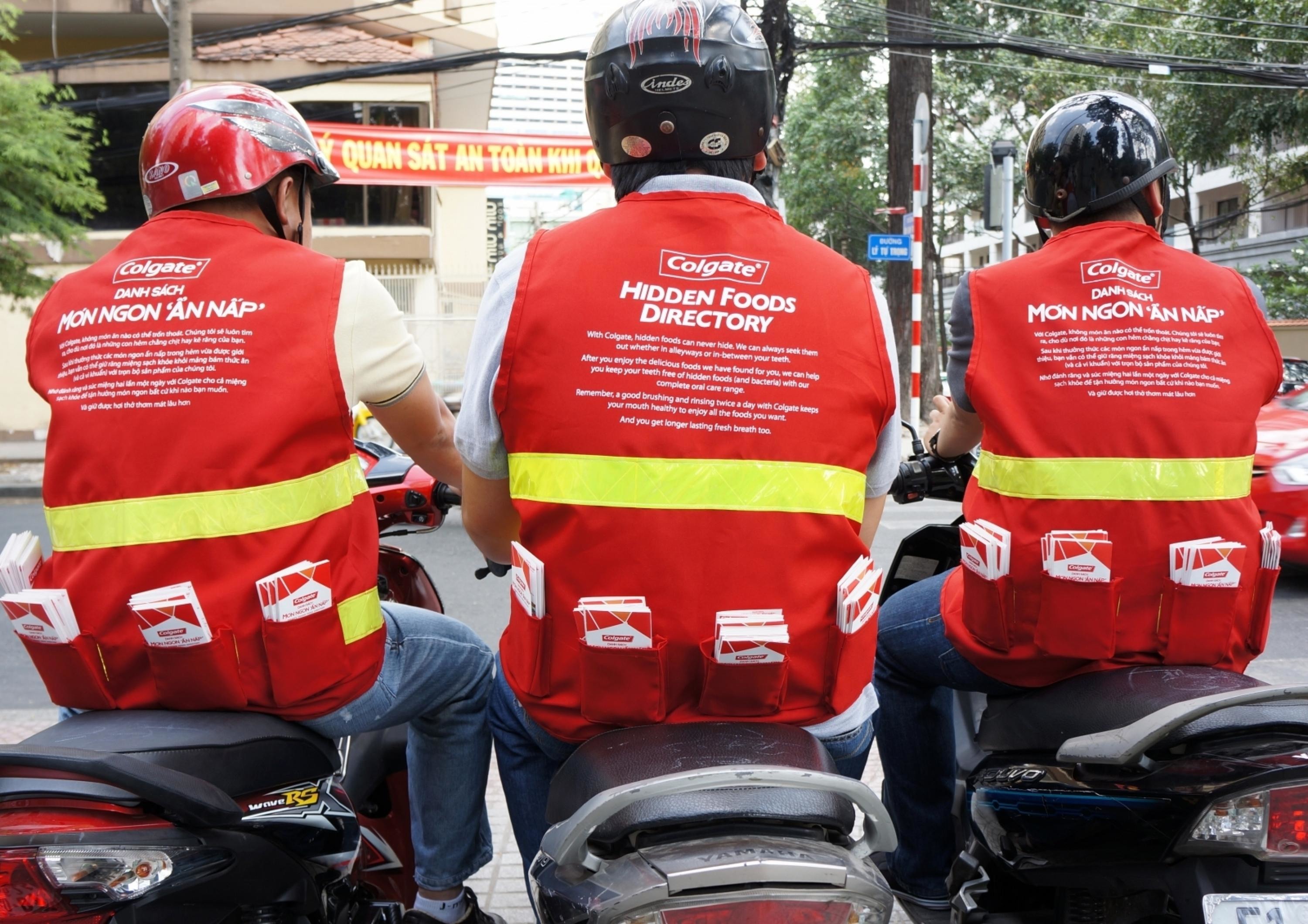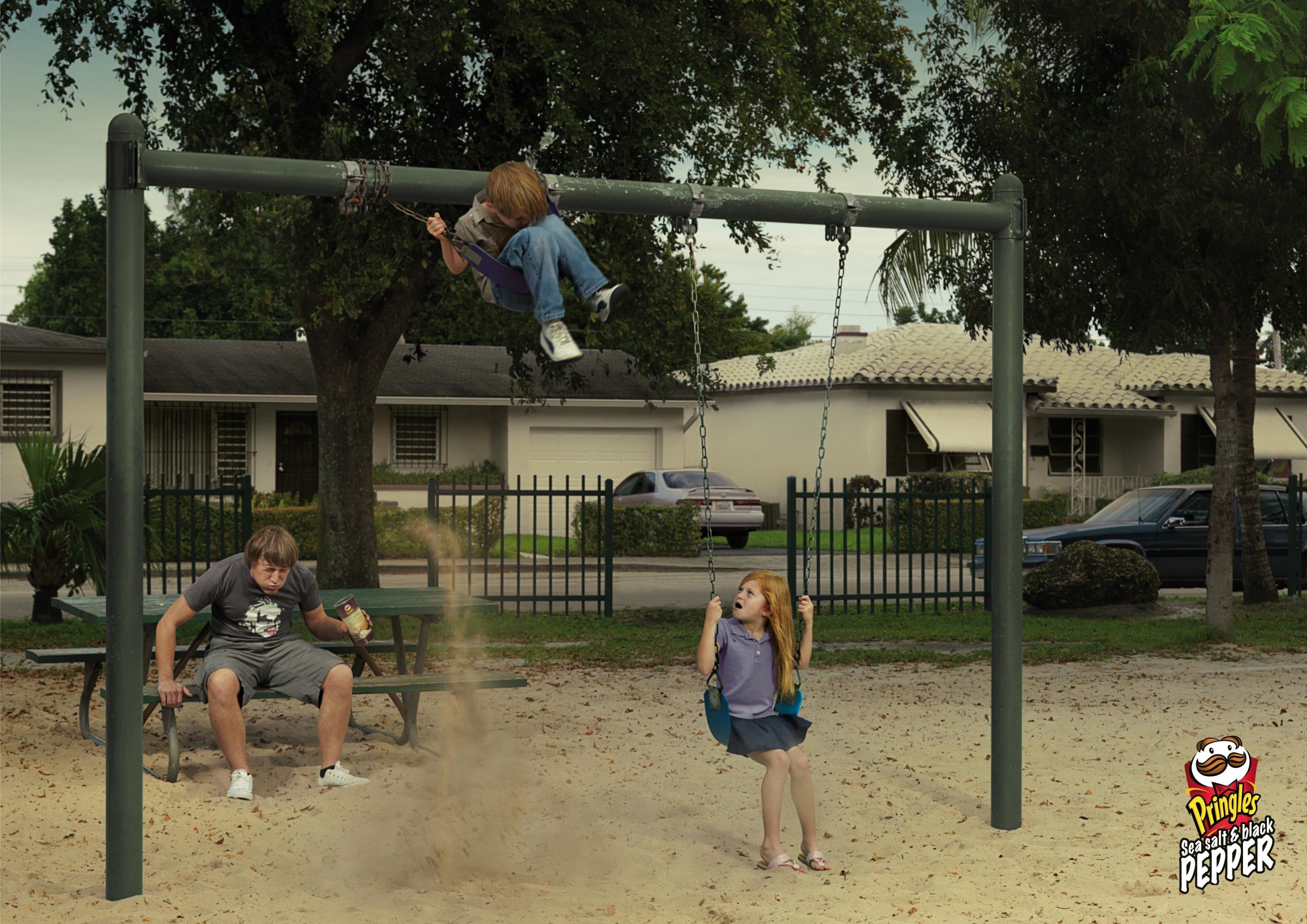Spikes Asia
See Equal #ShareTheLoad
BBDO INDIA, Mumbai / ARIEL / 2023


Overview
Entries
Credits
Overview
Background
India is a patriarchal society. Over generations, deep-rooted cultural norms have made housework the sole responsibility of women. In 2015, Ariel – a leading detergent brand – made gender equality at home its mission. Over 7 years, #ShareTheLoad created a gradual shift as it sparked conversations that nudged men towards taking up housework.
But,
In 2021, a World Economic Forum report revealed a shocking truth – at the current pace of change, gender parity is 135 years away. Which means no woman alive will experience gender parity.
This startling reality shaped Ariel’s next brief:
1.How do we radically accelerate the pace of change on the issue of gender inequality at home?
2.Moreover, how do we affect a more immediate mindset shift in men to free women from being solely responsible for housework?
Our objectives were clear, we needed to trigger a conversation of a scale that would beat past successes.
Idea
To accelerate the pace of change and drive an immediate mindset shift, ‘See Equal #ShareTheLoad’ – a provocative social movement by Ariel for the first time took on a defiant tone.
It challenged men and their mindset through a radical question – “why do men share the load with other men, but not with their wives? Is it because they never saw them as equal?” And in doing so inspired women to break their silence and speak up.
Only when you See Equal, you Share The Load.
Not just that, it called out to brands and content creators publicly in an appeal to join Ariel in creating an equal tomorrow. And then it went a step further and turned its packs into a silent protest.
Strategy
Secondary research, ethnographic studies, social listening, lived experiences and third party surveys uncovered unsettling truths, forming key messages we leveraged to challenge biases and inspire action:
• When it comes to housework, Indian men don’t see their wives as equals.
• Advertisers, content creators and media partners perpetuate gender stereotypes.
• In India women are conditioned to never challenge their husband openly.
• At the current pace of change, gender parity will take 135 years.
In the face of these truths, to accelerate the pace of change and drive an immediate mindset, we had a multi-pronged approach aimed at igniting conversations and correcting imagery.via relevant platforms:
- To trigger and sustain national conversation – online and inside homes – with women encouraging them to demand equality in their households
- With men, drive realisation about their biases and inaction towards sharing housework equally.
- Influence content creators & marketeers
Description
Ariel’s competition Surf- with Dirt is good has been engaging emotionally with urban Indian woman, and with category slowing down it was critical that we elevated emotional equity of the brand along with our superior performance claim that ‘removes stain in one wash’. When P&G came with this brief to us we knew we needed to rescript cultural narrative of the category. Our research and deep confessions by Indian women brought to surface a cultural stain that of gender inequality at home. We decided to pick every cultural bias and expose it.
In 2015, “Is laundry only a woman’s job?” 2016, Dads #ShareTheLoad dented the cycle of prejudice passed down from generations. 2019, we asked are we teaching our sons and daughters same things with Sons#ShareTheLoad.
Igniting social movement as brand purpose is easy but sustaining momentum each year requires unshakeable commitment and collaboration. After 7 years of award-winning, Ariel faced the challenge of exceeding its past success.
2021, a World Economic Forum report revealed a shocking truth, at the current pace of change, gender parity is 135 years away. Which means no woman alive will experience gender parity.
This startling reality shaped Ariel’s next brief and objectives
1.How do we radically accelerate pace of change on issue of gender inequality at home?
2.How do we affect a more immediate mindset shift in men to share the load?
3.How do better scores on functional and emotional equity and move the needle on social impact?
Ethnography, social listening, lived experiences revealed shocking cultural bias-
•73% men agreed they did share household chores with other men
•80% women believe their partners know household tasks but choose not to do them.
Role modelling: Media Imagery perpetuate gender stereotypes.
Most household products’ advertising in India depict women as homemaker. Men are missing.(Gender Bias & Inclusion in Advertising in India, UNICEF, 2021)
Indian women are conditioned to never challenge husband.
Traditionally, husband is ‘Pati-Parmeshwar’ (almighty). Even today, 87% of Indians believe wife must obey husband (Pew Study, 2022).
Cultural Insight: Men share the load only with those they see as equals but they are culturally conditioned to be superior to their wives.
Creative Idea: Raise the uncomfortable truth, Let the woman take a defiant stand
Ariel set out to remind families, that true equality is only reflected by sharing the load.
Because when we SEE EQUAL, we SHARE THE LOAD!
First time in Indian advertising, wife confronts her husband and calls out his double standards. Wife asks why men can share the load with other men but not with their wives. Is it because they never saw them as equals?
Next, through front page of leading dailies, Ariel made a public appeal to content creators & marketers to join the brand in representing a more equal tomorrow.
Ariel turned its packs into a silent voice of dissent by replacing the brand name with the most common Indian male names.
This triggered uncomfortable conversations, as influencers & media spread our message into homes across the country.
Execution
We kickstarted the movement on 11th February 2022 by taking a defiant stand with our film. For the first time in Indian advertising, the woman confronts her husband and calls out his double standards. The wife asks why men can share the load with other men but not with their wives. Is it because they never saw them as equals? This was a new tone for the country.
Next, through the front page of leading Indian dallies, Ariel made a public appeal to content creators & marketeers to join the brand in showing and creating a more equal tomorrow.
And then Ariel turned its packs into a silent voice of dissent by replacing the brand name with the most common Indian male names.
All this triggered a national conversation, as influencers and media stepped forward to take our message into homes across the country.
Outcome
‘See Equal #ShareTheLoad’ broke all expectations and records.
It grabbed the attention of and engaged consumers, influencers and the media:
• Brand awareness jumped 142%.
• The movement film received over 115 million views, and counting, across platforms.
• It generated over USD 35 Million in “earned media coverage” across leading local and international news outlets – that’s 3X of Ariel’s annual budget.
• 4 billion earned impressions
The movement drove preference for Ariel
• Emotional Equities were up 43%
• Brand preference were up 27%
• Sales grew 29%
But most importantly, the movement drove an immediate mindset shift in men:
In 2015, 79% men believed that laundry is a woman’s job. This dropped to 41% by 2020.
Today, it stands at 26%.
Similar Campaigns
12 items










